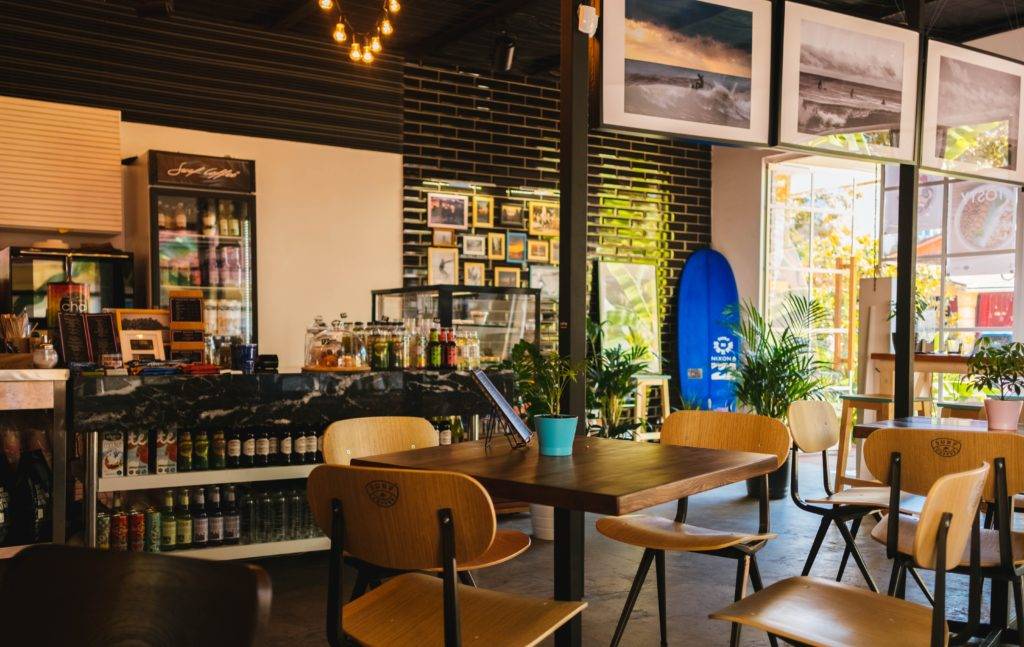
Tips for Choosing a SIP Provider for Your Restaurant
Leading businesses all across the globe now know how important a SIP provider can be. Especially when it comes to keeping productivity levels up and telecom expenses down. Many restaurants are embracing the advanced voice services currently available to them.
In fact, analysts and researchers have predicted that there’ll be about 205 billion corporate VoIP users by the end of 2020. This will bring the market to a global revenue of around $86.2 billion.
VoIP services are helping restaurants reduce telecommunications costs. All while still giving partners and employees streamlined communication software. They also provide the tools that are required to get the job done.
SIP trunking is where the voice calls of a company are transmitted via the internet rather than through the more traditional route of telephone lines. It’s grown to become quite popular these past few years and this has given rise to more service providers entering the market. This, in turn, has now led to increased levels of stress for the IT leads, CTOs and others given the task of picking a partner.
To help make the process of picking a service provider a bit easier, you might want to strongly consider using the 3 tips below. We will be covering how to go about choosing a provider that best suits your restaurant’s needs.
What Are the Best Bandwidth Options?
Because you need the internet for SIP trunking to work, it’s vital that your business has a reliable internet package to ensure voice quality.
It’s also very important you pick a solution that works with Tier 1 carriers. Why? Because they offer last-mile access that’ll support and meet the connectivity and call quality requirements.
Advanced bandwidth management features include SIP services that give voice traffic priority. This immediate transportation will help the efficiency of your communication systems. It will also help provide enterprise-class voice quality.
Some of the bandwidth options available to you may include, for example, gigabit Ethernet options, DSL and T1 connection. Also, consider SIP services that leverage MPLS networks as foundations for seamless data and voice communications across the restaurant.
Centralized Operations
SIP trunking services allow for the redirecting of branch office voice calls. This can be done from several separate locations to one centralized location. Ask the providers you’re considering if they can provide you with IP PBX extension capabilities for branch offices.
These above-mentioned capabilities will allow your restaurant the use of existing data networks. This allows the distribution of branch office calls, without the need of having to add more hardware.
If your business largely relies on VoIP services to help it keep connected to partners and customers all across the nation, SIP services can consolidate data and voice lines, improve scalability, cut costs and improve bandwidth utilization by optimizing networks.
Cost
One of the main things that help attract businesses to SIP trunking is all the cost savings it can help give rise to. For starters, long-distance calling often tends to be much cheaper via SIP trunks.
Furthermore, the pay-as-you-go pricing models you’ll find are usually very flexible and will allow you to pay for what you need only, rather than pay upfront for bundles and channels of service you might never need.
Additionally, as far as scaling is concerned, you can either add capacity to an already existing VoIP communication system without having to invest in additional infrastructure or you can switch to SIP trunking altogether. However, always remember that different SIP providers offer different pricing models and costs.
So, find one that can help your restaurant cost save in accordance to the level of service it requires.
How a SIP Provider Can Benefit Your Business
There are a number of benefits that come from choosing the right SIP provider. Keep the following in mind when weighing your options.
Better Reliability
SIP connections, because they aren’t affected by power outages caused by the weather and other natural disasters, are commonly known to be way more stable as compared to their traditional counterparts.
This can sometimes prove very valuable to restaurants given that even a few hours of operational issues can translate into huge losses.
Better for Growth
The ability to grow your communication system is less wasteful, much less time consuming and way easier because the tech required for this is already there.
Also, you won’t have to deal with any additional costs when expanding operations because you won’t have to add new lines as you would with the more traditional phone services.
Increased Productivity
Busy signals are things you won’t have to experience anymore. This, in turn, will eventually result in maximized revenues and increased productivity.
Significant Return on Investment and Savings
SIP services can give rise to significant cost savings in many ways. For one, you won’t be required to pay monthly charges anymore or pay for such things as PSTN gateways or PRIs.
When it comes to scalability, as we mentioned earlier, SIP connections don’t need additional phone lines or anything of the sort. You simply pay for only what your business will need.
What’s Next?
The fact that you may not have known what a SIP provider was before you read this piece shouldn’t eat you up too much. Most regular folks aren’t too well-versed when it comes to matters SIP because it’s still not as common as the traditional telephone service.
With that said, there are still many restaurants out there that have started taking full advantage of such services and you shouldn’t be left behind. We hope this article can be enough to help you switch to using SIP in your restaurant. Why don’t you try taking your communication systems to the next level? You’ve seen what the benefits can do to a business.
Contact us to step into the future and start using SIP services today!


